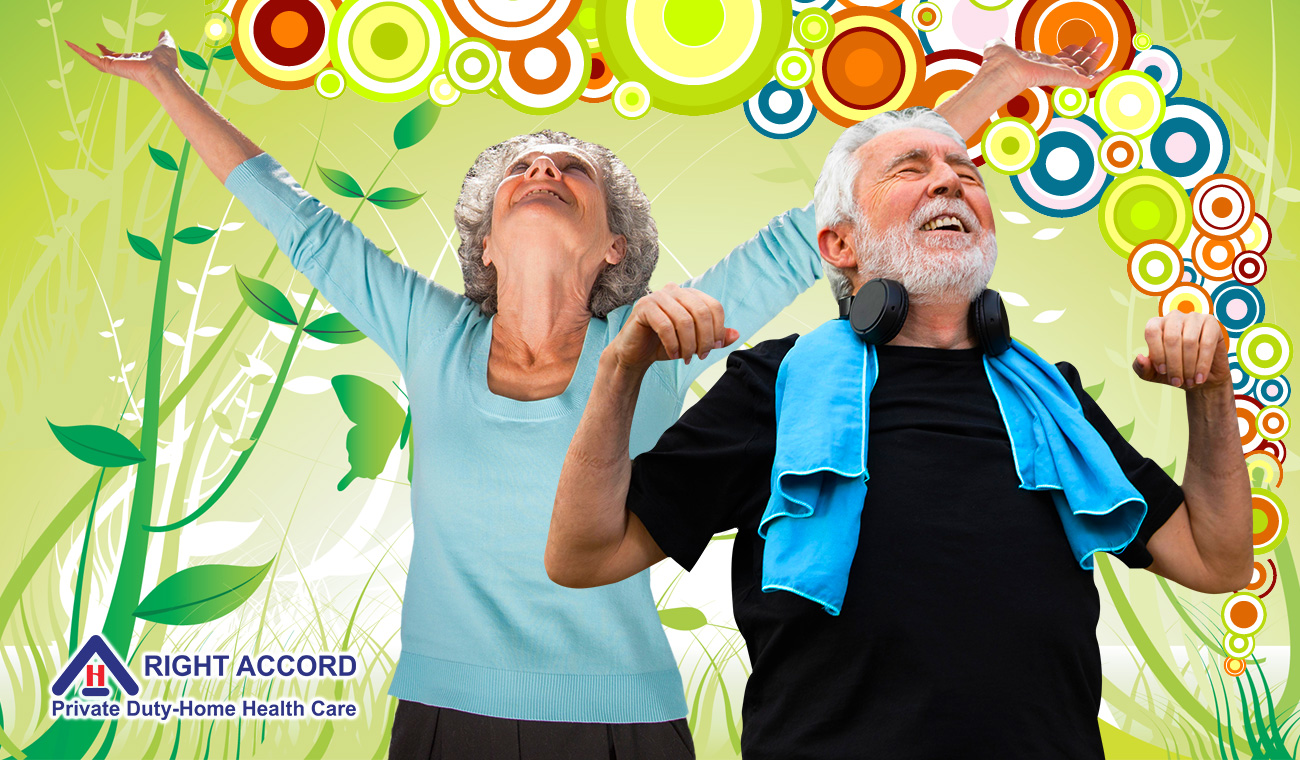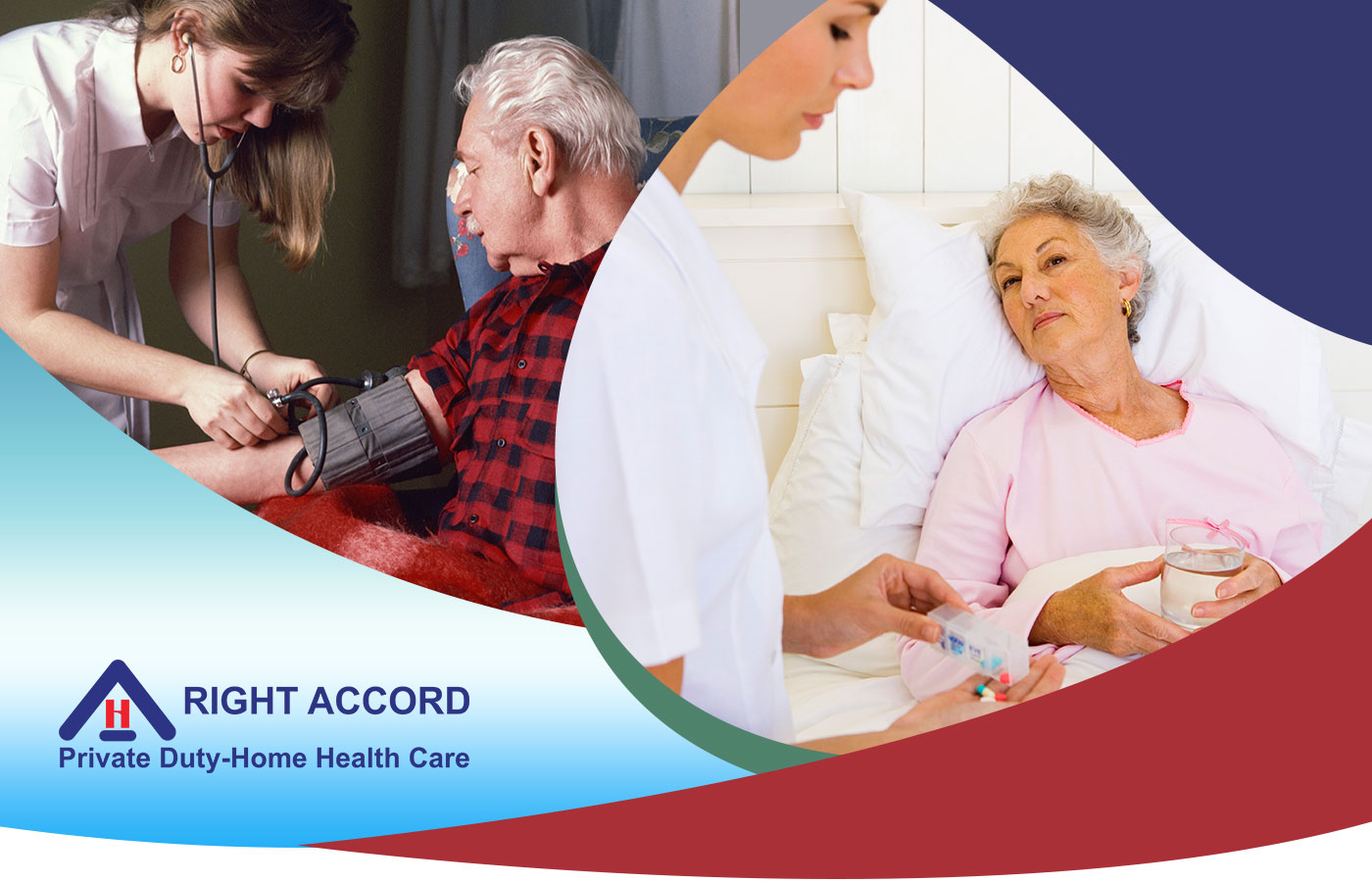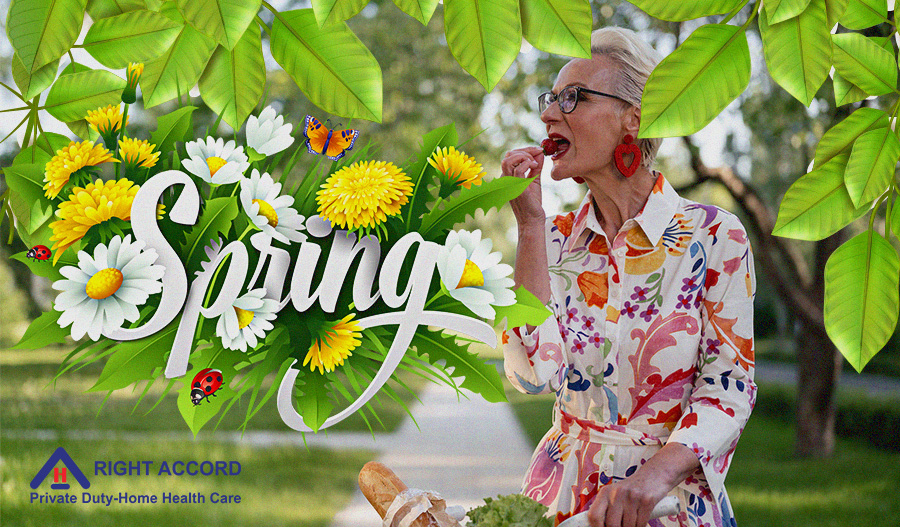· 7 min read
7 Best Ways To Maximize The Healthy Aging Month This Year
September celebrates the healthy aging month. It's also best time to learn about the 7 ways aging population can maximize their health and live their best life.

By: Rosemarie Tamunday Casanova — RN, BSN, MHA
For 20 years and still counting, September has been marked to commemorate healthy aging. A time set apart to talk about how the elderly and aging population can maximize their health and live their best life physically, mentally, financially and of course, socially.
We have now, like never before perhaps in human history, the largest aging population. More people are living well into old age and this is not just the baby boomer generation, but also the generation X.
This observed increase in longevity is the product of advances in medical science. There are better drugs and management options for disease conditions and injuries that would have otherwise been a more or less guaranteed cause of death. Surgical procedures and medical equipments to sustain and prolong life are more advanced than ever before.
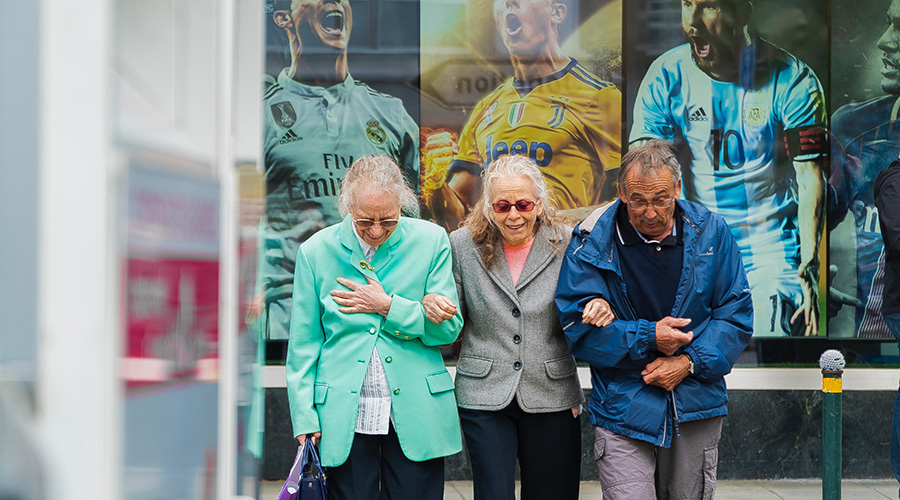
Photo by Philippe Leone on Unsplash
Standards of living keep improving across many parts of the world and all these factors have contributed largely to a rise in the general population of the aging community. Today, more than 76 million people belonging to the baby boomer class, over the ages of 50 are alive.
The number is almost twice that for the next generation. With this rising population, there is a pressing need to count the costs and discuss how the best can be gotten out of life at this stage.
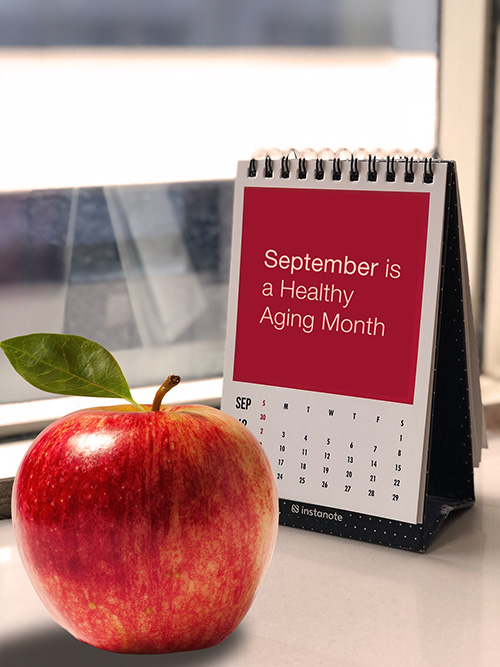
September was selected for the celebration of the healthy aging month because of its uniqueness as a period where people usually start new things after the summer. The awareness was started 20 years ago when the baby boomers (people born between 1946 to 1964) first turned 50. Many people tend to dread aging.
For some, it is because of the likelihood of them not being at their best at physical, mental, sexual activities, while for others, it is because of the illnesses that are more likely to occur as you get old.
The older you get, the more chances you have of developing diseases like cancer, hypertension, diabetes , arthritis and others but this doesn’t mean that life has to stop.
It is a period for reinventing yourself, knowing that you will not be able to do certain things the same way and new methods will have to be devised or old ones remodeled to fit into the new reality: the things you eat, what you wear, activities you can undertake, job types/description, etc.
How to make the most of this period
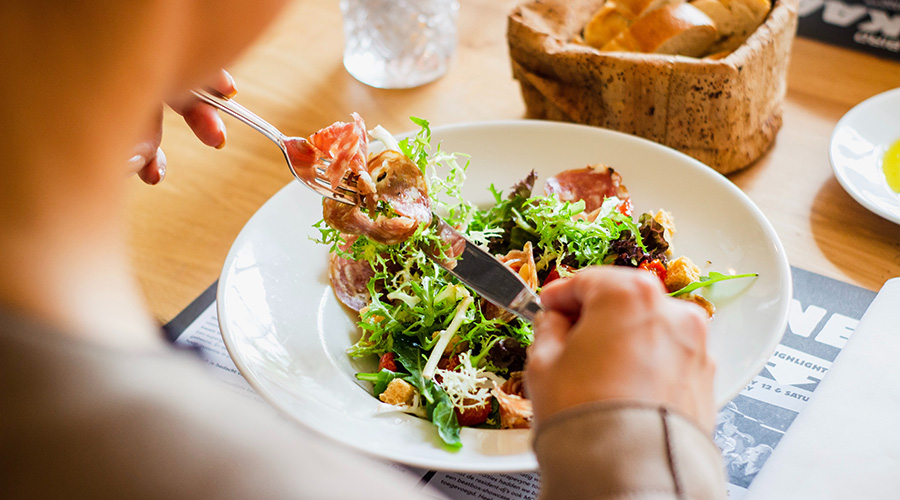
Photo by Louis Hansel on Unsplash
1. Have A Healthy Eating Plan
This is perhaps one of the most important lifestyle changes you will have to make if you desire a fulfilling and healthy life as you age. Understanding that your body will no longer process food and toxins as fast and efficiently as it used to is the key to making dietary modifications. The older you get, the slower your body will burn up fat. So instead of consuming more of fatty foods, it can be substituted for vegetables. The more high calorie diets you consume as you age, the higher your chances of developing hypertension, diabetes and cardiovascular diseases.
It is also important to take more water, ideally spread across the day as this will help reduce skin dryness and wrinkling. Consume less of alcohol and tobacco as well as other substances that put a metabolic strain on the liver and kidneys.
2. Have A Social Circle
For most people, aging comes with retirement. The elderly usually don’t make up the largest percentage of the working population in all societies. This makes available a lot of free time for the aging population who will find themselves indoors and having very little to do during work hours. This isolation of some sort can have dire consequences if nothing is done. Depression can set in in some cases.
It is strongly advised that a healthy social circle should be maintained among peers. Such interactions will help with the general mood and mental health of the elderly as they navigate their way through this phase of life.
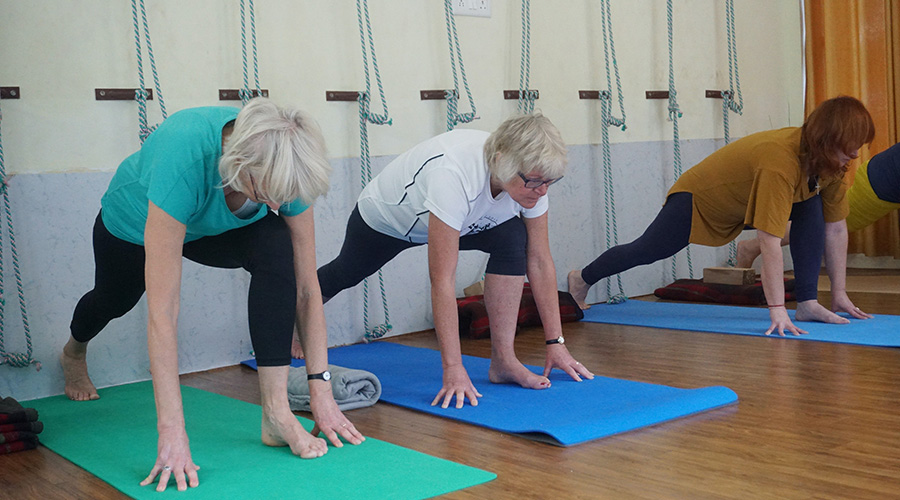
Photo by Sriyoga Ashram on Unsplash
3. Keep The Body Active
Even as you try to eat healthy, also make deliberate attempts to stay fit. Exercise regimen can differ for individuals, depending on their medical state and history of physical activity. However, it is recommended that 30 minutes of mild physical activity everyday is good enough to keep the heart healthy. There are many ways the elderly can go about this while catching fun doing so.
You may decide to take walks every morning alone in the company of some enjoyable music or with friends and family. For others, riding a bicycle or using the tread-mill is all they need. Other options include registering for a yoga class or a full gym subscription. Whichever option you go with, the most important thing is having fun and staying healthy while you are at it.
4. Engage Your Mind
There is never a time to say that the brain can retire as well. In fact, it is best to keep your brain engaged the more to prevent age - related disease like Alzheimer’s that affect memory. This is the best time to read all those books you have been stocking up on over the years. Also make a habit of engaging in memory exercises like playing games and solving crossword puzzles.
5. Keep A Date With Your Doctor
Aging will require you to always keep tabs on your health. So it is always best to stay ahead of the curve and be proactive. Adopt a preventive health lifestyle approach over a therapeutic one. Doing this will require you paying regular visits to the doctor’s. For the men, you would have to regularly check your PSA levels for prostate health. And in general, health indicators like blood pressure and sugar levels will need to be checked regularly. Always report any signs or symptoms early enough and adhere to professional medical advice.
6. A Positive Outlook
Enjoying this phase of your life requires having the right perspective to life. Always remember that aging is a part of the life process and it is nothing peculiar to you. Aging is not a disease and even the health conditions that may come with it can be well managed. Having a positive outlook to life can generally enhance your quality of life. Wear a smile, stay positive and keep the right association. See a psychologist if you have to and if you need professional help adjusting to new realities.

Photo by Andrew Neel on Unsplash
7. Explore
Never lose your sense for adventure and curiosity. It is actually never too old to try out new things. You can decide to pick up a new skill ranging from knitting and pottery to coding and learning a new language. You can even decide to volunteer for duty with nonprofit organizations or travel around country and the world to learn new things and meet new people.
Some people have likened aging to the teenage years of one’s life. This is with regards to having both the time and freedom to explore life - a privilege lacking in the middle aged groups where most people are at their prime in career, work, raising a family and schooling, with little time available for other things. The possibilities are limitless, so find out what you love and do it.
As we take out September to create awareness on healthy aging, everyone can be a part of this campaign by sharing supportive and encouraging words with the aging people in our lives and our societies; our parents, siblings , grandparents, teachers, veterans and colleagues. Aging is a blessing.
